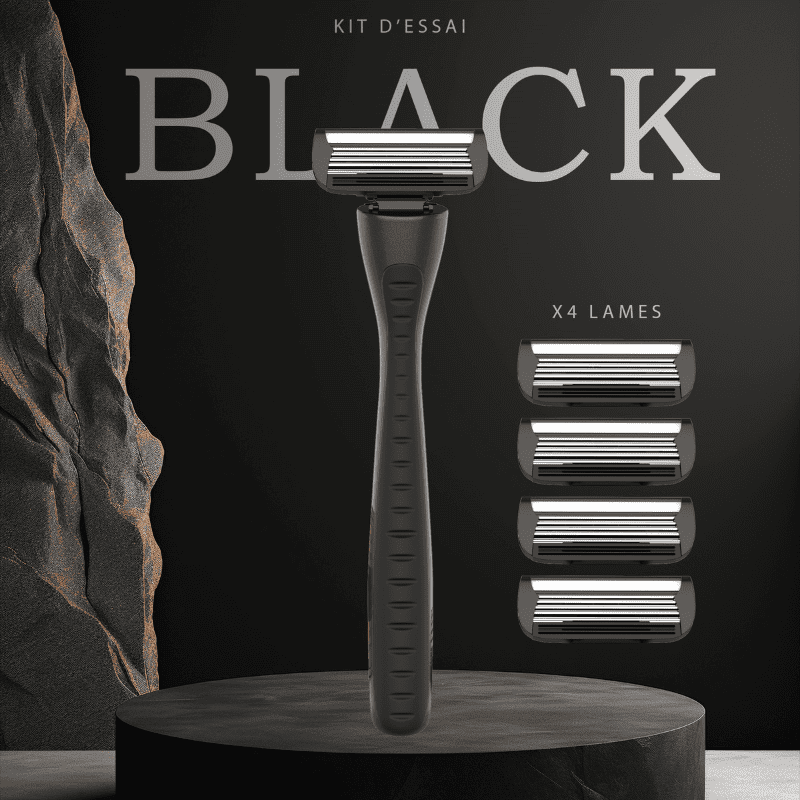There are several real benefits to taking a cold shower...provided, of course, that your body can handle it.
The cold shower is a real wake-up call, without the annoying beeps. Of thea norepinephrine, also known as norepinephrine, is released when you stand under a jet of freezing water at 4 degrees – Note the paradox from the misnomer: water cannot be frozen at 4 degrees. Norepinephrine helps your brain wake up and boosts your attention, making it an excellent nootropic. The cold water shower is a great way to be hyper-alert and more focused. Your ideas will begin to flow, and you may be the inventor of the next scientific revolution.
Of course, a cold shower also has an impact on your body, and not least: it is a shock for the circulatory system. Blood vessels close to the surface of the skin constrict in the cold, which helps limit heat loss by effectively insulating you (admittedly, not as well as your roof with insulation aids. .), but also has many other positive effects. The heart rate quickens and pumps more blood to the lungs. The blood is therefore oxygenated and then released to warm your body.
Besides the fact that it prevents you from freezing to death, the vasoconstriction has other advantages. As cold shrinks surface blood vessels, it decreases pain, swelling, and inflammation, which is why people use cold packs on aches and sprains. For this reason, it is also an extremely powerful reduction strategy after exercise, which is why some athletes take an ice bath after a performance.
Some studies go even further to talk about the benefits of the cold shower: some argue that the cold shower could have a beneficial effect on depression and anxiety. So even if the thought of taking a cold shower intimidates or thrills you, it can help you feel better. Paradoxical, isn't it?
So it's worth considering keeping things cool next time. You could potentially despise every second of that cold shower, but your body and mind might thank you for it later. That said, first of all, consult your doctor.


